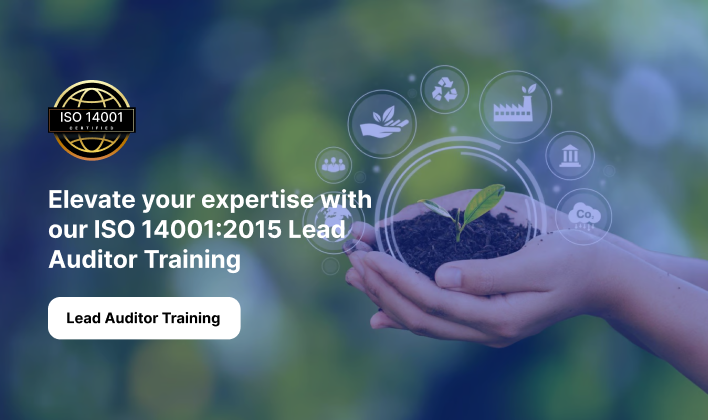
This course will enable learner understand the concepts of ISO 14001:2015 and how the standard can become a valuable part of your business management system through an exciting accelerated learning approach. It will develop skills and expertise needed to audit/manage quality management system audits efficiently.
Who should attend?
This course is designed for:
• Top management
• EMS managers and officers
• EMS internal auditors
• Management system professionals and consultants
• Personnel in charge of legal requirements updating
• Anyone interested in environmental management system